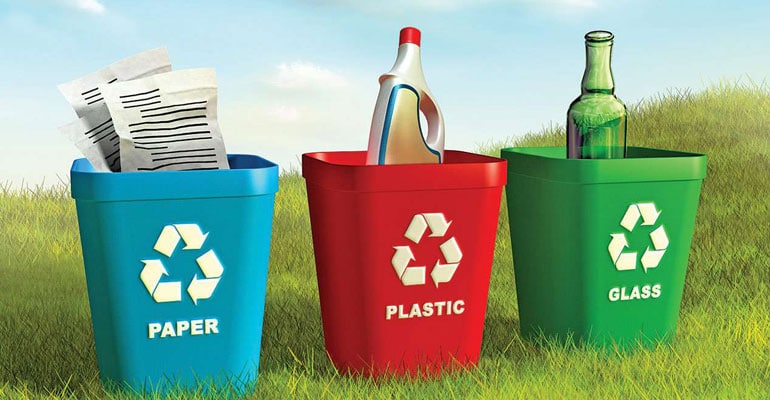When it comes to segregating waste, we always think it is someone else’s job. We fail to realize that keeping the environment clean is also our responsibility. If you think waiting for the municipality is another option, you may be wrong because it is time that we work together and solve the problems.
Thankfully Agarwals are one such family who thinks on these same lines. Be it segregating waste or recycling it at home, all the members are environmentally conscious people.

According to a TOI report, a resident of Noida’s Palm Grove apartment in Sector 50, Roopali Agarwal strongly believes in doing her bit, same with her husband Parag and children.
So here’s what their daily routine looks like- the family members always segregate wet and dry waste. While the wet waste is collected in earthen pots which are kept under the sun till the time they turn into compost, the dry waste is disposed of after it is collected for a few days.
While talking to TOI, Parag, who is the global head (marketing) at Hero Motocorp, said that his wife is also very particular about wastewater from ACs and therefore the water is collected in buckets and reused for cleaning floors and washing purposes. Adding to this, he mentioned “We have a common RO for the building for drinking water, but we ask the society to reuse it. I wasn’t very conscious earlier, but my wife and children have turned me.”
Apart from this, the family also abstain from using any kind of plastic bag and therefore, the family has replaced it with jute bags when it comes to shopping.
Not just that, even while getting vegetables from the supermarket, the parents and children prefer using cloth bags and “stick the QR code and weight stickers” on their palms for billing. “The torn clothes, old rags, and dusters give, we give it all to an international clothing brand store which recycles all kinds of cloth,” says Roopali, who is a makeup artist by profession.
The daughter and mother use menstrual cups which are eco- friendly, in this way they are also trying to minimize its sanitary waste as these cups last for 8-10 years, which is much better than a woman using 15-20 sanitary pads on an average per cycle. “Imagine the heap of thousands of nonbiodegradable sanitary pads that one woman creates. These take years to decompose and add harmful chemicals to the environment,” concludes Roopali.
It’s about time we all become conscious of our environment and do our bit to keep it safe and healthy, for us and for the generations to come.

